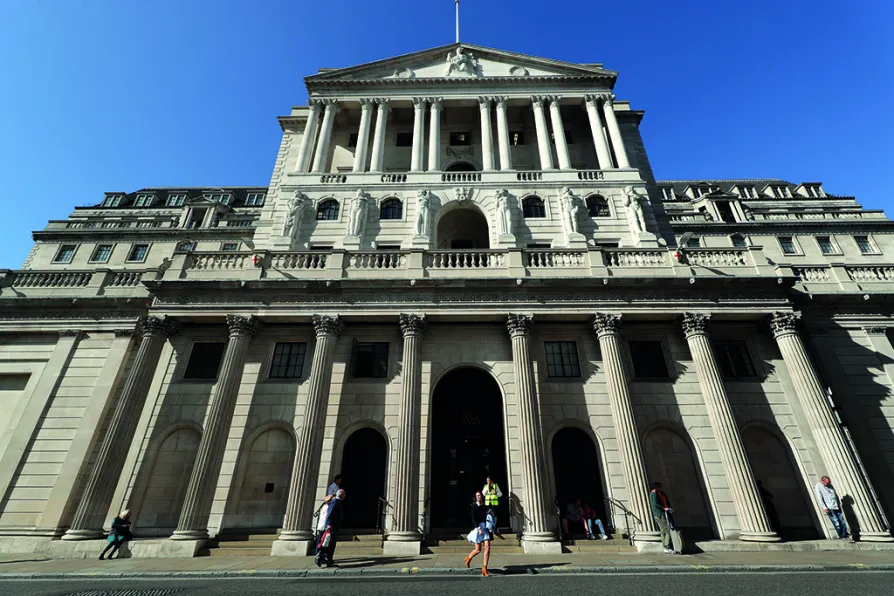CHRISTOPHE DOMEC speaks to CHRIS SMALLS, who helped set up the Amazon Labor Union, on how weak leadership debilitates union activism and dilutes their purpose
Why Bank of England interest rate rises should be opposed
Higher interest rates, at a time when more and more people are being forced to borrow to pay for essentials, would be disastrous and risk a damaging recession, warns JAMES MEADWAY

 The Bank of England
The Bank of England
THE Bank of England is expected to raise its interest rate to the highest level since 2009 tomorrow.
Its monetary policy committee (MPC), which sets the bank’s interest rate, will do this in the belief that it is necessary to bring inflation back down to more manageable levels.
They will be wrong to do so. The most likely outcome from rising interest rates is that any impact on inflation will be minimal, but by making borrowing more expensive the risk of a recession will be much increased. It is based on a serious misunderstanding of the kind of inflation we face today.
Similar stories

Labour’s fiscal policy is already in trouble. But simply printing money is not a solution, says the Marx Memorial Library and Workers School












